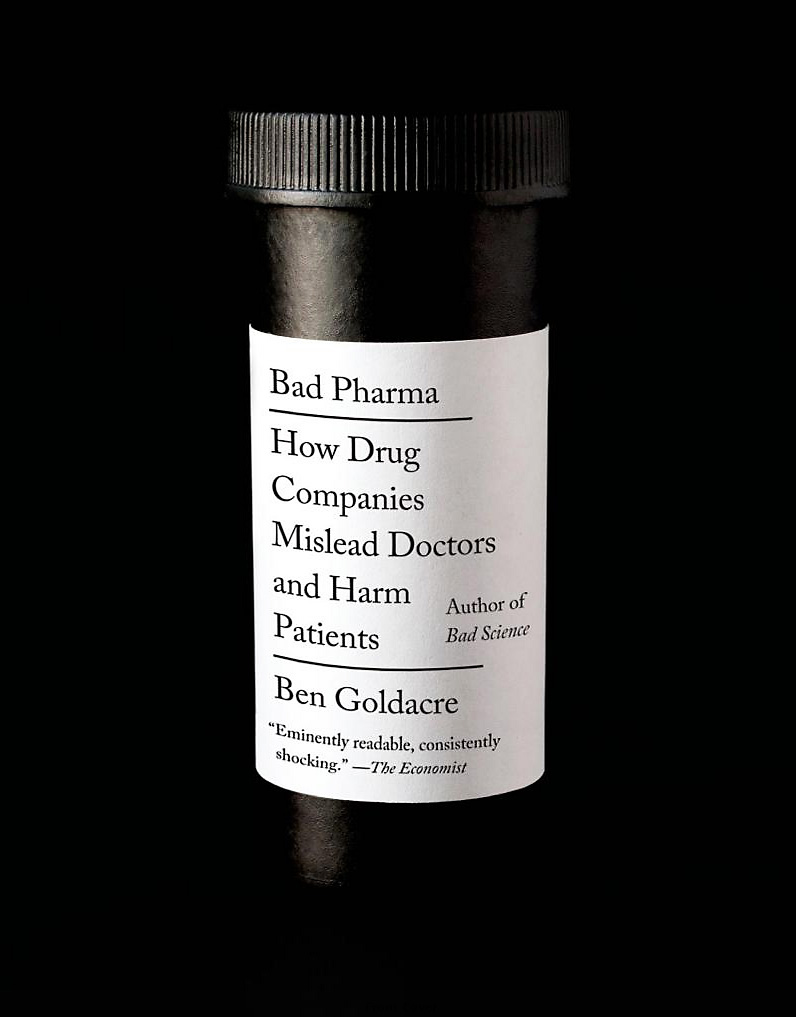Why Are There No Medicinal Mushroom Drugs In The West?
… “Despite comprehensive scientific evidence, the practical use of medicinal mushrooms in the West is very limited and restricted. The authorities do not understand and do not support the development, production, and use of medicinal mushroom preparations. Worse still is when the governments of scientifically/technologically progressive countries make artificial restrictions against it.
The reasons are obviously economic and political. The primary responsibility of pharmaceutical companies is making profit and protecting their market. In the aftermath of the economic crisis, their power allows them to lobby the government to make increasingly difficult procedures, in effect allowing them to monopolize the health sector.

Pharmaceutical multinational companies are generally not interested in natural products due to lower profits and patent laws. The relatively high cost of natural raw materials (either grown or collected) compared to the cost of chemicals makes them less appealing for large-scale production. Furthermore, patent laws that govern the health industry do not apply to natural compounds – if one company uses it, another may freely do the same.
Usually, when a company starts developing a drug, they protect it by a 20-year patent. Only this company may manufacture and sell it until the patent expires; during this time, they sell it for a premium price. When the patents expire, other pharmaceutical companies may legally produce so-called generic drug, and the prices drop. Most profit is obtained in this short golden window before it becomes generic. Additionally, many countries/regions, e.g. the European Union and the USA may grant up to 5 years of additional patent protection for drugs.
Since pharmaceutical companies cannot exclusively use a natural compound, they try to develop a similar compound (synthetic analogue), which can be patented. However, this route is difficult: synthetic analogues usually do not work as well, or elicit serious side effects. All too often, the natural compounds are too complex to synthesize and develop analogues.
Clearly, larger pharmaceutical companies continue to do the business their way. They are not interested, so they will not pay for clinical trials or try to develop a natural product (including medicinal mushrooms).
What is much more immoral is their method of securing their monopoly in the health sector by influencing the authorities. It’s one thing to protect your market by offering the highest quality product; it’s quite another when you start changing the global rules to suit you and harm others. Due to their actions, it is now much more difficult to enter the pharmaceutical market or initiate clinical trials for natural products, severely stifling research. The price of developing a new drug was always measured in hundreds of millions of dollars, but it has skyrocketed in the last 10-15 years, increasing the gap between the large and the small. The European Union now severely and artificially restricts the use of many natural substances (“those not significantly used in an EU member state before May 15th, 1997″), greatly increasing the price and the time needed to develop a new natural drug.
The goal of the health sector is perverted; the profits are more important than the individual’s health and well-being. The human health and health care have become an industry ruled by the law of maximizing profits, which was designed by and greatly favors huge multinational corporations. Much less regard is given to the real needs and the original purpose – to help protect and improve the health of the population.
Disease prevention, as well as using cheaper, safer and often more efficient natural products are not profitable enough. So they remain underdeveloped and excluded from the official medicinal and health care routine.”
Dr. Ivan Jakopovich, New Breakthroughs: Medicinal Mushrooms between Research and Industry – An Introductory Lecture at the 6th International Medicinal Mushroom Conference, Zagreb, 2011
If you want to know more, we highly recommend reading Bad Pharma: How Drug Companies Mislead Doctors and Harm Patients.

 by Ben Goldacre
by Ben Goldacre